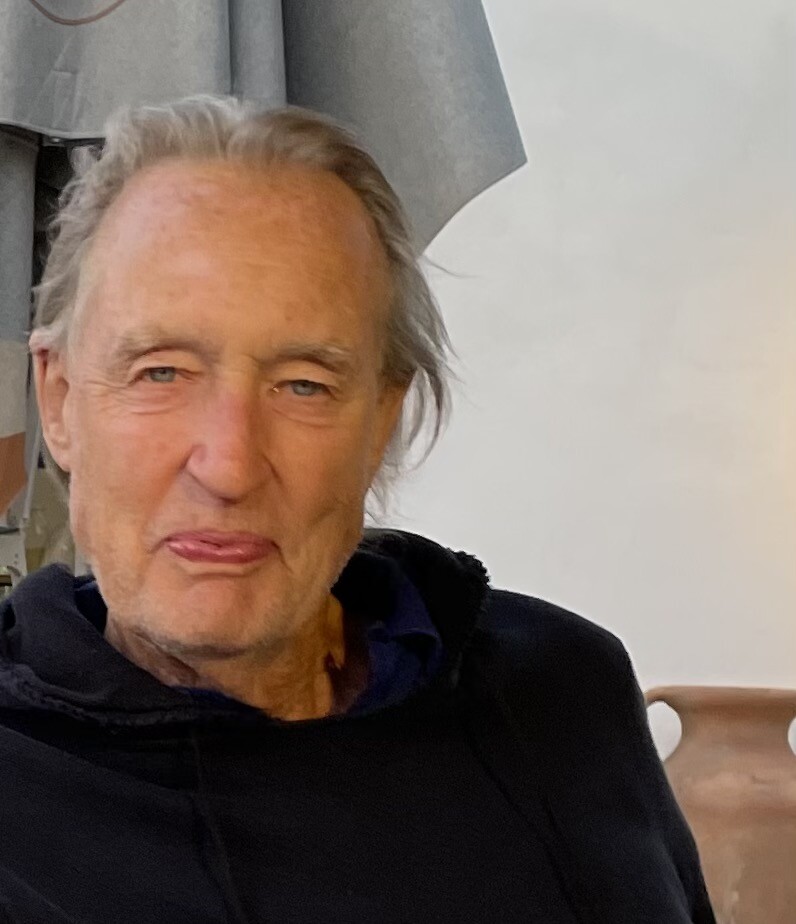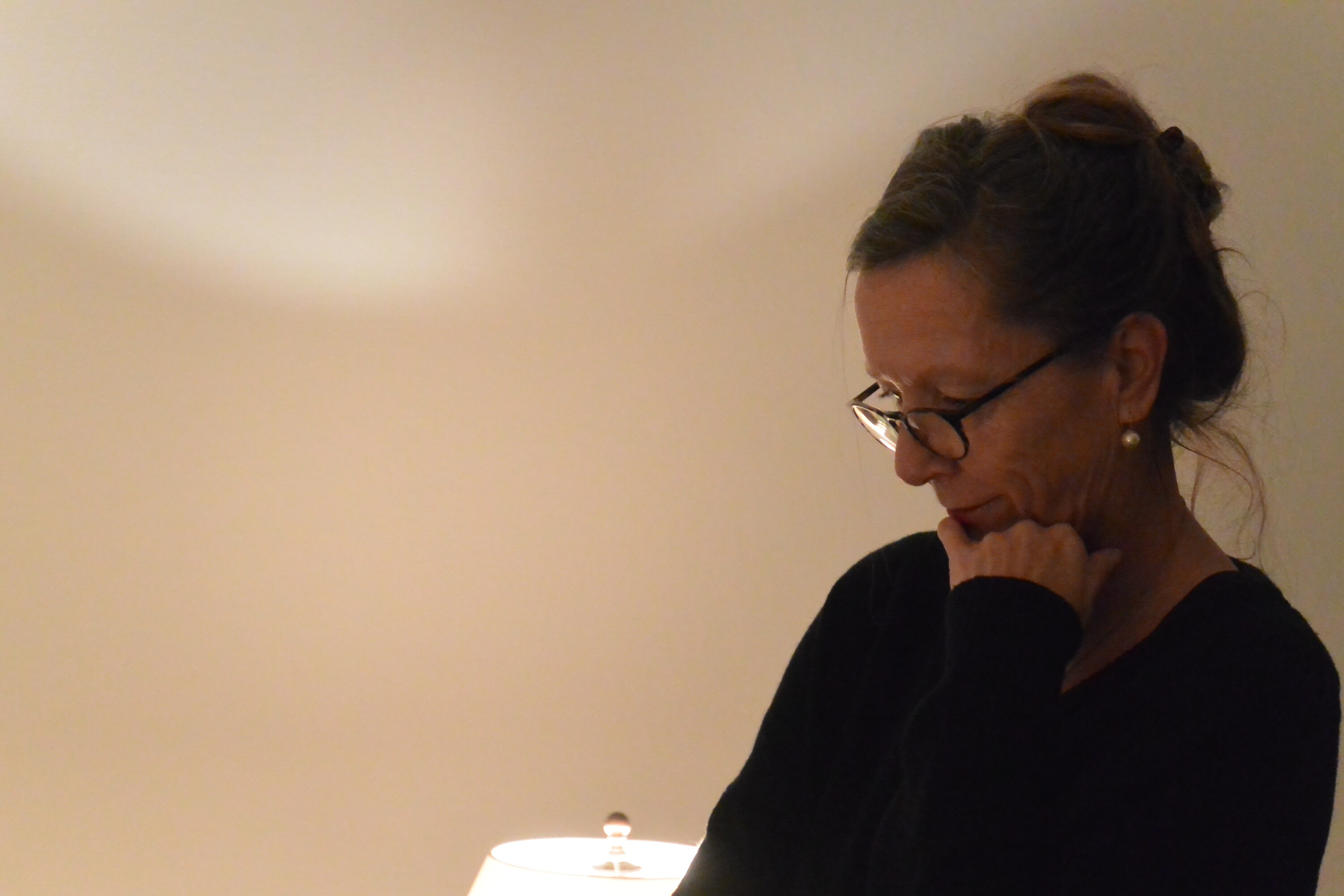Will Davis is an American body-psychotherapist with more that 45 years’ experience in the field. He is a psychologist and was trained by Charles Kelley in neo-reichian Radix work. He trained in Encounter groups, Gestalt Therapy and in various healing methods. In the past 35 years, he has been offering trainings in America Japan and all over Europe.
Will developed Functional Analysis based on understanding the functioning of the life force. His interest is in the functional approach to therapy, which he interprets as the meeting place between Reich’s energy concepts and recent research in biology and physics, with a focus on the energetic qualities of connective tissue.
He is considered one of the major researchers in the fields of the functioning of the instroke and of the plasmatic origins of early disturbances.
He developed the gentle release technique of Points&Positions and combines that with a unique synthesis of verbal therapy.
He published innumerous articles in book form as well as in various professional journals, most notably in “Energy and Character”.
He is a member of: the International Advisory Board for the Journal of Energy and Character, the Advisory Board of the International Journal of Body Psychotherapy, the Scientific Committee of the Italian Society of Psychologists and Psychiatrists, the European Association of Body Psychotherapy .
“Will Davis, the founder of Functional Analysis Body Psychotherapy, challenges many assumptions within the Neo-Reichian movement, in particular the over-emphasis on too much cathartic discharge and induced emotional release. Davis described the polarities within the natural energetic pulsation within the organism, and has developed the deeply sensitive concept and practice of working with the “instroke”. This leads to a healing contact with quiet inner rhythms of the embodied self and to organic processes of self-recognition and self-valuation. Together with his wife, Lilly, Will has developed an important understanding of the flow of energy through the connective tissues of the body. This is a significant contribution to psychotherapy in general and forms a bridge between subjective experience and objective anatomy” (David Boadella)

